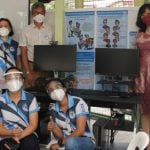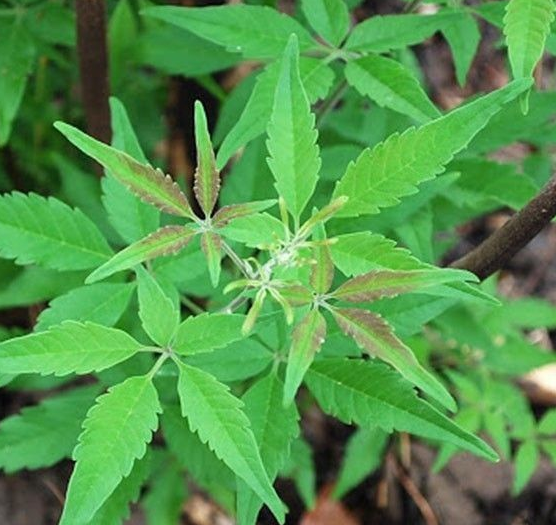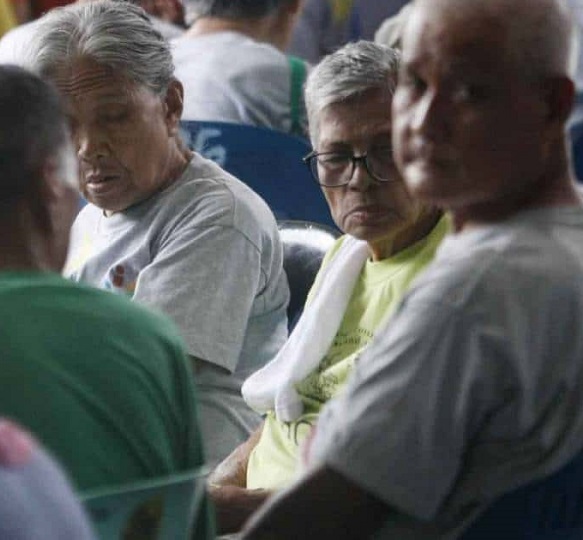A new testing kit to check for coronavirus disease 2019 (Covid-19) infection is expected to be developed by May, according to the Department of Science and Technology (DOST).
DOST Secretary Fortunato de la Peña said the new kit will be a cell-based immunoassay for serologic testing.







